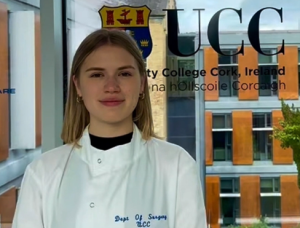Characterising the Anti-Tumour Capacity of Immune Cells Targeting Glioblastoma Cells

Glioblastoma is the most common primary brain tumour in adults, with only 5% of patients surviving longer than five years. Despite current aggressive treatment regimens, glioblastoma remains incurable to date. When removing the tumour, the surgeon attempts to attain a balance between removing the tumour tissue and preserving the patient’s function. Therefore, residual tumour cells are often left behind in the tumour margins, leading to tumour recurrence.
The rogue residual glioblastoma tumour cells are kept in check for a time by our policing immune cells. However, the lawless tumour cells are constantly changing into different disguises, allowing them to escape the immune cells’ defences.
One such disguise in Glioblastoma cells is the CD155 protein on their surface, which binds to another protein on an immune cell called TIGIT. When these proteins interact, it reduces the ability of immune cells to respond and eliminate cancer cells.
This project will explore the elimination of Glioblastoma cells by anti-tumour immune cells, called Vδ1 γδ T cells, with and without TIGIT on their surface.
This research may provide insight into the use of a combination of surgery and immunotherapy targeting CD155 on glioblastoma cells and TIGIT on immune cells.
‘We hope to pave the way towards a new realm of possibility, where glioblastoma is no longer a dreaded diagnosis but a conquerable challenge’ says the UCC researchers.
Back








 Contact
Contact